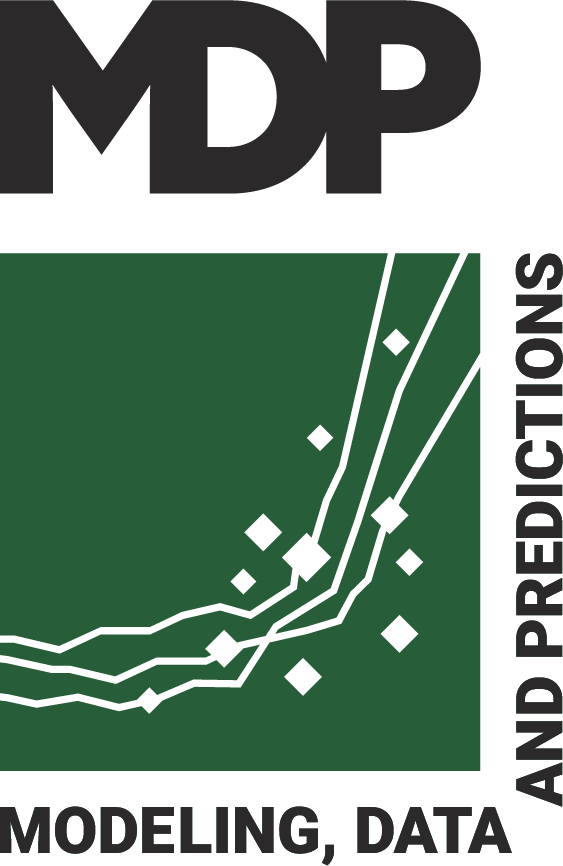Course Based Master of Science in Modeling, Data and Predictions

Program overview
Who is this program for?
Are you good in Math or Stats? Are you aspiring for a data science related career? Are you analytically minded? Are you fascinated by data? The MDP program is designed to help you achieve your goals!

Current Undergraduates looking to pursue a career in Data Science
Undergraduates in Science programs (e.g. mathematics, statistics, computing science, physics), in Engineering programs, in Business and Arts programs with strong analytical or data analytics training components are well suited to take the MDP training to become a data scientist.

Degree holder in the workforce looking to take the next career step
You have work experience in data analytics related positions and wish to upgrade your training in data science. Maybe you have work experience and analytical skills and wish to transition into a career in data science. The MDP program can provide the training with a flexible program schedule to help you advance your career.
Why pursue a Master's Degree in MDP?
Unique Combination of Courses
The design of our core and elective courses is aimed to provide students with important statistical methods for data analysis, machine learning methods for big data analytics, and computational and programming skills that are essential for data scientists.
Capstone Project and Internship Opportunities
Capstone projects provide students with applied learning and hands-on experience in the workplace. Students have the flexibility to choose between an interdisciplinary research project and working for companies and government agencies, typically in data analyst intern positions. Projects will be tailored to each trainee and help them explore their interests and achieve their career objectives.
Faculty Mentors
A strong team of Faculty Mentors is the backbone of MDP program’s strength. Our Faculty Mentors are leading experts in their research fields, with rich experience and success in interdisciplinary and industrial research training of students. They teach MDP courses and provide individualized mentorship to students.
Professional Development Workshops
Another unique feature of the MDP program is its Professional Development Workshops. These workshops will connect students with personnel from industry and government with the purpose to nurture students with interpersonal skills and prepare them for smooth transition to the workplace. Topics will range from effective communication, knowledge translation, creative problem solving, working in a collaborative environment, writing a strong resume, and preparing for a job interview.
Where can an MDP Master's take you?
Steer the course for more accurate and secure business strategies
From devising new approaches to risk management and executing high-performance applications resistant to fraud, to analyzing user behaviour for improved customer experience, and evolving trade algorithms for wider, more flexible application–there’s no shortage of opportunities in a wide range of industires for data scientists with the right training.
Assist in proactive planning using future projections
Apply predictive modelling techniques to analyze behaviour patterns in complex data. Unearth fraud schemes or insurance claims before they become high-cost losses, use customer data to surface insights about desirable product features, forecast upcoming expense trends or improve pricing models - all to gain a competitive edge.
Gain accurate and data-backed insight to steer marketing campaigns
Data scientists provide crucial insight into customer satisfaction using advanced techniques like sentiment analysis modeling, helping improve agility and surety in business decision-making. Implement strong predictive models to create recommendation engines that suggest products based on user behaviours, purchase history, brand category, site searches, and more.
Make an impact in the lives of citizens and communities
From infectious disease modeling to optimizing emergency response strategies, data scientists positively impact in the lives of everyone in their community. And, this effect can be long-lasting– data analysis helps identify or improve political strategies and public policies, strengthening new and existing systems to the benefit of all citizens.







